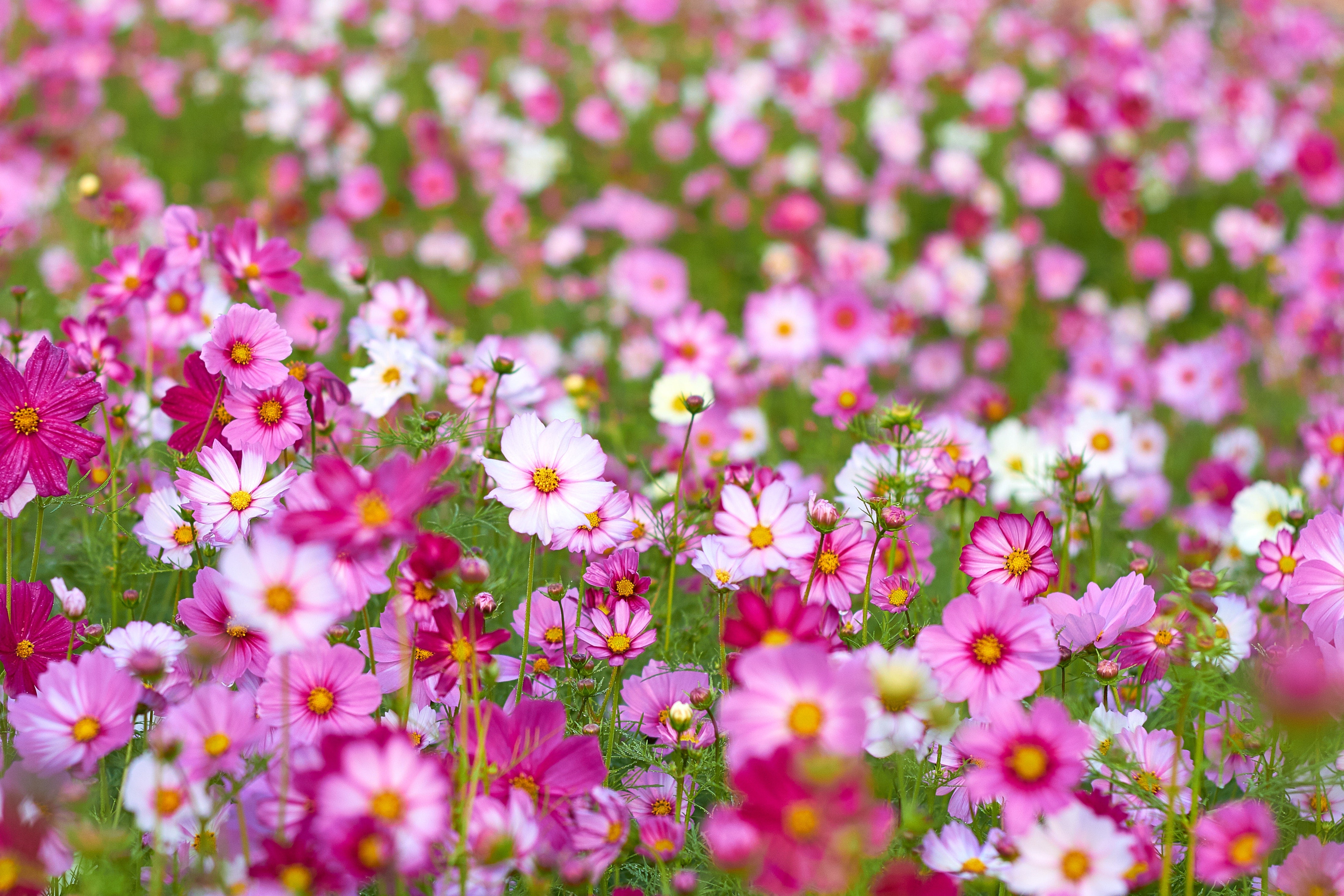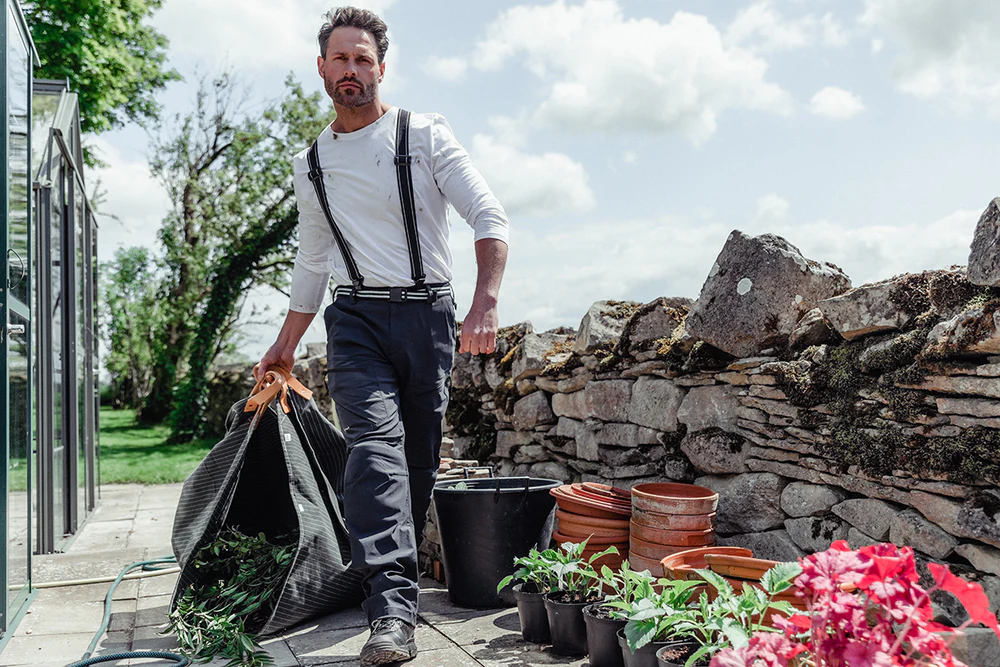The clocks are changing: Short day plants carry on

I’ve just received a reminder about the clocks changing back to GMT. That will be the end of summer then! Not that you would know it. This year the Genus garden is still full of flower even so late in the year. We've beds full of flowering cosmos keeping the sight and feel of summer going very late into the season.
What accounts for this extended flowering period? It’s interesting to know that it’s not just down to temperature. Flowering plants divide up into three groups, short day plants, long day plants and day neutral plants. They might not be reacting to the time shown on our watches, but flowering in short day plants is triggered when there is a longer period of uninterrupted night time darkness. Short day species include ponsettia, Christmas cactus, chrysanthemums. Conversely long day plants see their flowering brought on by short periods of darkness and include plants associated with high summer such as rudbeckia, foxglove, lettuce, spinach, and potatoes. Day neutral plants flower regardless of day length and include tomatoes, petunias, cucumbers, viola, dandelion and sunflowers.
This phenomenon called “photoperiodism” can be manipulated, breeders have worked with plants such as spinach to find varieties that have shorter critical day lengths so that flowering is put off and the harvesting period is extended.
The cosmos doing so well in the Genus garden is obviously a short day plant, so as long as the weather holds out, it will be doing it’s best to flower, on and on and on!











